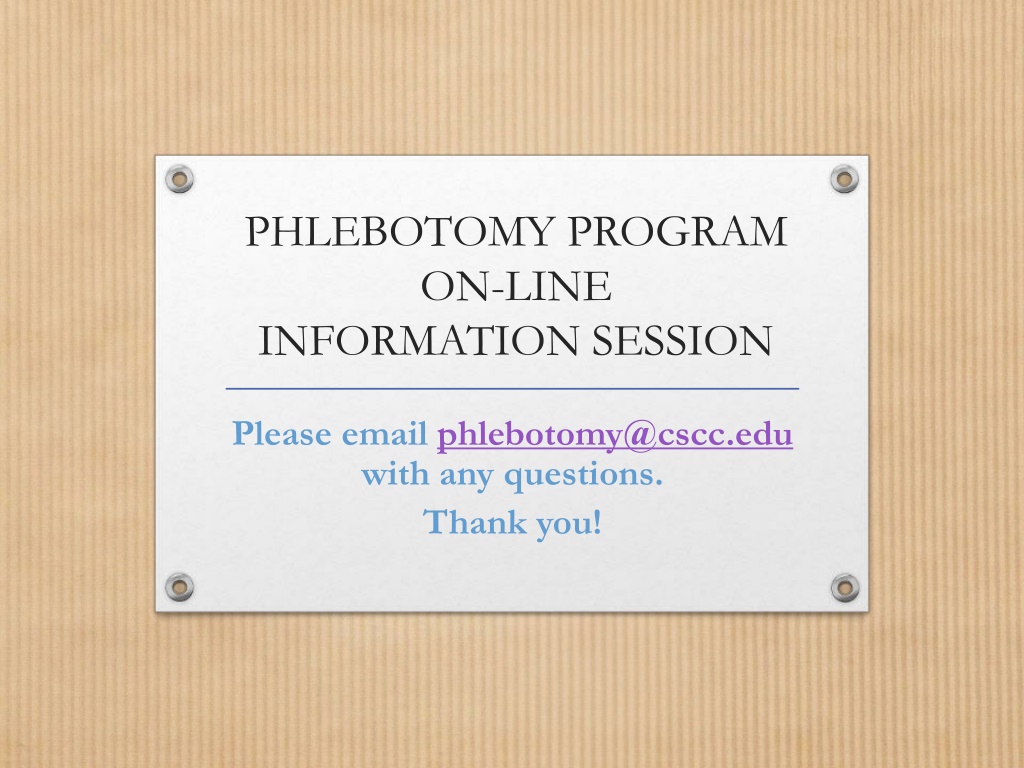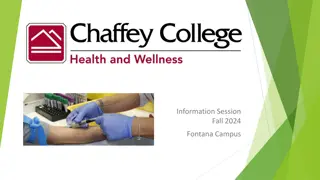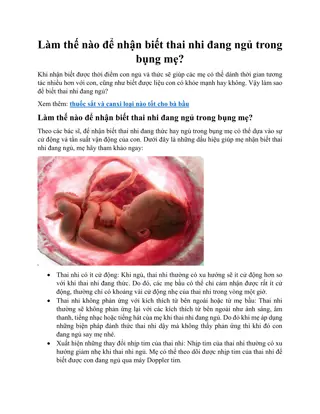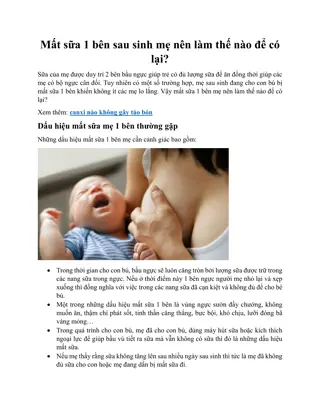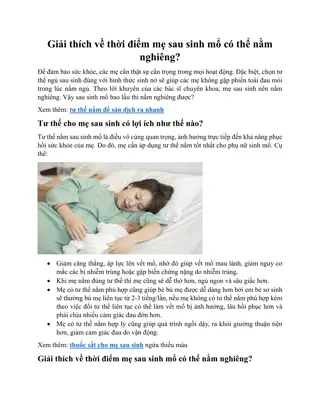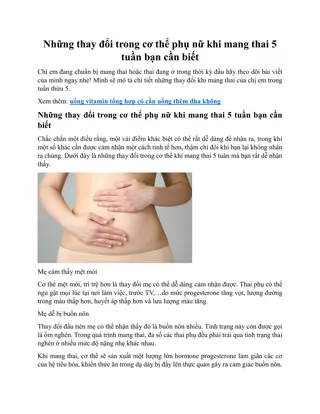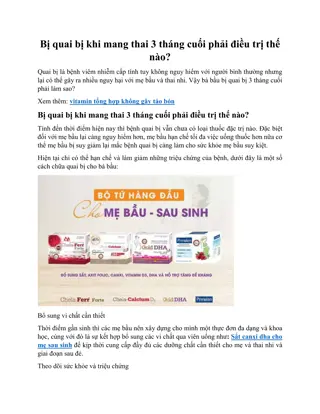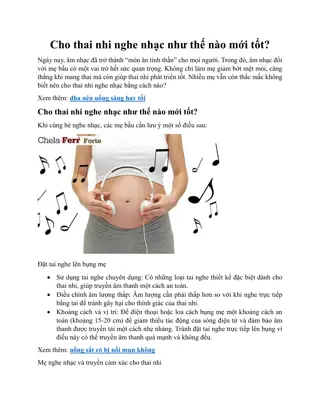Comprehensive Overview of the CSCC Phlebotomy Program
Explore the CSCC Phlebotomy Program, approved by NAACLS, offering a two-semester sequence with clinical experience. Learn about the curriculum, program instructors, and what phlebotomists do in a typical day. Discover the impact of phlebotomists in healthcare by collecting blood specimens crucial for diagnostics and treatment decisions. Get ready to embark on a rewarding career in phlebotomy!
Download Presentation

Please find below an Image/Link to download the presentation.
The content on the website is provided AS IS for your information and personal use only. It may not be sold, licensed, or shared on other websites without obtaining consent from the author. Download presentation by click this link. If you encounter any issues during the download, it is possible that the publisher has removed the file from their server.
E N D
Presentation Transcript
PHLEBOTOMY PROGRAM ON-LINE INFORMATION SESSION Please email phlebotomy@cscc.edu with any questions. Thank you!
Program Instructors Tywan Banks, Allied Health Chair and Multi-Skilled Health Program Coordinator Meghan Blackford, Annually Contracted Faculty April Pace, Adjunct Faculty Deb Whitt, Adjunct Faculty www.cscc.edu/phlebotomy
Phlebotomy Program www.cscc.edu/phlebotomy
Phlebotomy 1st Semester MULT 1950 2nd Semester MULT 2950 1 hr 4 hrs 1st Phlebotomy class 2nd Phlebotomy class Mon/Wed 12-1:50pm (lab) & Lecture on Blackboard Lecture on Blackboard 8 week Clinical Experience 5 Week Clinical Experience Required 1st semester Required 2nd semester Only available Autumn and Spring Semesters MULT 1910 Only available Spring and Summer Semesters MULT 1160 1 hr 3 hrs EKG Class Exploring Healthcare Professions 8 week lecture (1st 8 weeks each semester) Mon 8-11:20am (lecture and lab) Can be taken 1st or 2nd semester 16 hours Clinical Experience Can be taken 1st or 2nd semester Only available Autumn and Spring Semesters www.cscc.edu/phlebotomy
CSCC Phlebotomy Program Approved status by NAACLS Curriculum and competencies meet and are guided by NAACLS guidelines Provides eligibility for national certification exam (ASCP) 2 semester sequence Exam not required as part of curriculum Not certified until you pass the national certification exam www.cscc.edu/phlebotomy
What Do Phlebotomists Do During a Typical Day?? Other Responsibilities Patient registration Prepare specimens for send outs Clerical duties Prepare specimens for testing by the lab tech Inventory control Train students Primary Responsibility Collect blood specimens o Venipuncture o Fingerstick o Heel stick www.cscc.edu/phlebotomy
Impact of Phlebotomists in Healthcare Collection of blood specimens used in laboratory testing o Diagnosis o Monitoring patient treatment Laboratory results account for 70% of decisions made regarding patient diagnosis and treatment www.cscc.edu/phlebotomy
Applying to the Program www.cscc.edu/phlebotomy
Step 1 www.cscc.edu/phlebotomy
Applying to the Program https://www.cscc.edu/academics/departments/phlebotomy/admissions.shtml Attendance at this session (email phlebotomy@cscc.edu to confirm review of this presentation and complete the information session quiz on the website) Meet essential functions: Mental & Emotional status (see website for all details) o Vision, hearing, manipulative function o Tactile ability o Communication o Motor function www.cscc.edu/phlebotomy
Step 2 www.cscc.edu/phlebotomy
Applying to the Program Apply to CSCC and take placement exam Placement Exam: Place into English 1100 Place into No reading required Complete the online application on for the phlebotomy program https://www.cscc.edu/academics/departments/phlebotomy/admissions.shtml Apply to have a free student membership to the ASCP as a Lab Student Member at https://www.ascp.org/content/membership/become-a- member#lab_student Declare Multi-Skilled Health as your program of study. If you are pursuing another major then make sure you add Phlebotomy as an certificate to your plan of study. www.cscc.edu/phlebotomy
Step 3 www.cscc.edu/phlebotomy
Applying to the Program Current American Health Association BLS Certification must be submitted before Mult 1950 clinicals can begin. Completed within the MULT 1910 EKG course Medical Terminology MULT 1110 Needs to be in progress or completed Can be requested to be taken as a co-requisite upon request www.cscc.edu/phlebotomy
Step 4 www.cscc.edu/phlebotomy
Applying to the Program Needed to sign up for the program: Background Check/Fingerprinting: (cost $112.25 for both, see provided form) o Restrictions on registration for certain offenses o CSCC staff will remove the fingerprint restriction from your record before you can register. o Please notify Program Coordinator when you have completed this process. o Good for 1 year from date started Drug screen: o Only good for 1 year from date started o In order to stay in program your drug screen should be negative unless you have a doctors script for medications o Follows CSCC drug screening policy for health programs www.cscc.edu/phlebotomy
Fingerprint and Drug Screening Process: 1. 2. A valid CSCC email is REQUIRED: Example: jdoe@student.cscc.edu You must be near a printer to print necessary forms for drug test & fingerprinting. You will only have 3 business days to complete your drug test You will only have 14 business days to complete your fingerprinting Have your credit card (Visa/MasterCard) to process the payment online. Your credit card will be charged the current amount to complete for the service. Here is the form with steps to complete the background check and drug screening: https://www.cscc.edu/academics/departments/multi- skilled-health/background-check-and-screening.shtml 3. 4.
Last Step www.cscc.edu/phlebotomy
Applying to the Program Health record: Needs to be completed by the first day of class o Union Hall First Floor o Email them at: healthrecords@cscc.edu or Call 614.287.2450 ASAP to get going on getting this completed o Form: https://www.cscc.edu/services/hr_pdf/Phlebotomy.pdf COVID-19 Vaccine is a REQUIRED vaccine for the program. Vaccination card must be emailed to HHSvaccine@cscc.edu, please include you Cougar ID number in the email. www.cscc.edu/phlebotomy
REGISTRATION Semester registration: Will be OPENED until seats fill for program Limited seats, fills VERY quickly Cannot sign into a full class No wait list first come first served If you are not successful on your first attempt at registration, Continue to look for open seats in the semester schedule from the cscc.edu website During semester up through the first day of MULT 1950 www.cscc.edu/phlebotomy
Tuition/Fees www.cscc.edu/phlebotomy
Tuition/Fees (updated Au 22) Overall Program: o 9 credit hours 9 x $167.93 = $1,511.37 o Lab fees $38 + $55 = $93 o Textbooks By course: MULT 1950: 4 credits o $671.72 tuition (4 x $167.93) o $55 lab fee o Textbook o Total: $726.72 + textbook MULT 1910: 3 credit o $503.79 tuition (3 x $167.93) o $38 lab fee o Total: $541.79 + textbook MULT 2950: 1 credit o $167.93 tuition (1 x $167.93) o Total: $167.93 + review textbook MULT 1160: 1 credit o $167.93 tuition (1 x $167.93) o No textbook TOTAL: $1604.37 Additional Cost: Textbooks + HR + Background Check + Drug Screen + Scrubs + Misc Supplies www.cscc.edu/phlebotomy
Phlebotomy Program Courses www.cscc.edu/phlebotomy
1st Term www.cscc.edu/phlebotomy
MULT 1950 Phlebotomy Offered Fall and Spring semesters; 3 part component o 2 hours lecture per week (asynchronous online) o 4 hours lab per week (2 hours per class: M/W 12-1:50pm) o 60 sticks/60 hour clinical experience within an outpatient setting Starts week 8 for 8 weeks Attend 1 day/week for an 8 hour shift Same day each week (Tuesday or Thursday or Friday) You will still attend lecture and class in addition to the clinical experience Study time for program o approximately 6-8 hours recommended www.cscc.edu/phlebotomy
MULT 1950 Phlebotomy Assessments o Lecture (asynchronous online) Quizzes, midterm, final o Professional attitudes evaluation o Clinical Mid-Clinical Evaluation Final Clinical Evaluation Weekly log sheets o Lab Homework Assignments Lab Activities Competency Check-Offs Two skill practical's at the end of the semester NOTE: The student needs a minimum 75% or higher to pass the course. www.cscc.edu/phlebotomy
Placement in MULT 2950 Phlebotomy Must pass MULT 1950 with a C (75%) or higher Limited space do not recommend for students who only wish to enhance their skill for another job. Students are ranked and placed according to grades Day and facility not guaranteed when placing students for this experience. See Phlebotomy Student Handbook for more information (available on website) www.cscc.edu/phlebotomy
MULT 1910 Basic EKG Offered Autumn and Spring semesters; 3 part component o 2.5 hours lecture per week (1 day each week Mon 8-10:20am) o 1 hour lab per week (1 day each week Mon 10:20-11:20am) o 16 hour clinical experience within an in-patient hospital setting You will still attend lecture and class in addition to the clinical experience o CPR certification is provided during week 3 & 4 of the semester Study time for program o approximately 6-8 hours recommended www.cscc.edu/phlebotomy
2nd Term www.cscc.edu/phlebotomy
MULT 2950 Phlebotomy Offered Spring and Summer semesters MULT 1950 (with a C or higher) is a prerequisite Placement in a clinical site for 40 hours and 40 successful sticks. Inpatient setting (hospital) www.cscc.edu/phlebotomy
MULT 2950 Phlebotomy Assessments Case studies, Discussion board, Quizzes, homework activities all completed on-line No on campus attendance requirement Quiz and Final exam on Blackboard Clinical Requirements: Weekly log sheets Mid-Clinical Evaluation Final Clinical Evaluation NOTE: The student needs a minimum 75% or higher to pass the course. www.cscc.edu/phlebotomy
MULT 1160 Exploring Health Care Professions This course is designed to help the student explore and understand his/her personal and professional interest/career path as a health professional. 1 credit course, 8 weeks in duration Presentations about health programs at CSCC; career exploration Great course to help you plan what to do post Phlebotomy www.cscc.edu/phlebotomy
Clinical Experience www.cscc.edu/phlebotomy
Phlebotomy Clinical Experience Unpaid time in the clinical setting developing your skills learned on campus 60 hour interview: MULT 1950 40 hour interview: MULT 2950 Treat as a job! Abide by policies in CSCC Phlebotomy Student Handbook Progressive improvement in skill Facilities used are potential employers www.cscc.edu/phlebotomy
Phlebotomy Clinical Experience MULT 1950 Sites currently used are: Mt Carmel, Ohio Health and LabCorp Outpatient sites Priority for placement: Students ranked based on registration for MULT 1950 Only 3 days available: Tuesday, Thursday, or Friday attend on 1 of these days each week starting week 9 of the semester No evenings or weekends available www.cscc.edu/phlebotomy
REQUEST FOR CLINICAL PLACEMENT MULT 1950 Rank days of week in order of preference 1 3 Rank facilities in order of preference 1 10 You may or may not get day or facility of choice Placed based on order of registration into MULT 1950 Cannot arrange own clinical www.cscc.edu/phlebotomy
EKG Clinical Experience MULT 1910 Sites currently used are: Mount Carmel East and St. Ann s Hospitals Flexibility in completing the 16 clinical hours and 30 successful tracing. No evenings or weekends available www.cscc.edu/phlebotomy
Phlebotomy Clinical Experience MULT 2950 Sites currently used are: Ohio Health Hospitals Riverside, Grant, and Doctors Priority for placement: Students ranked based on grades in MULT 1950 Days available: Monday - Friday attend on 1 of these days each week for 5 weeks of the semester, No evenings or weekends available www.cscc.edu/phlebotomy
REQUEST FOR CLINICAL PLACEMENT MULT 2950 Rank days of week in order of preference 1 5 Rank facilities in order of preference 1 3 You may or may not get day or facility of choice Placed based on grades earned in MULT 1950 Cannot arrange own clinical www.cscc.edu/phlebotomy
Program Policies www.cscc.edu/phlebotomy
CSCC Phlebotomy Program Policies Detailed in Phlebotomy Student Handbook Includes: Dress code Scrubs (Red and Grey, solid for clinicals) No open toe shoes or backless shoes. Some tennis maybe deemed inappropriate for the clinical site and CSCC lab. Wearing basic earring studs, covering of all visible tattoos, removing visible piercings, fingernails no longer than inch, clear nail polish, hair should be its natural color and pulled back out of your face, and no excessive jewelry Attendance/punctuality 2 absences can result in failure of program Behavior/Attitude Removal from clinical experience and program www.cscc.edu/phlebotomy
Health and Safety Practice on each other in class Inherent risk in the procedure to the patient Bruising Arterial nick Nerve damage Lawsuits Current health record required Provision in clinical affiliation agreements for treatment in case of injury/illness Cost of treatment is at your expense Carry own medical insurance www.cscc.edu/phlebotomy
Places of Employment Hospitals In-patient setting Outpatient laboratories Traveling phlebotomists Insurance companies Patient service centers Medical practices www.cscc.edu/phlebotomy
Employment in Ohio Number of individuals in the field: 5,000+ (15% expected growth) Hourly Mean Wage: $16.85 (reporting 2020) Current students have been receiving offers $18-$20 per hour in central Ohio in 2021. www.onetonline.org www.cscc.edu/phlebotomy
Additional Certificates Pharmacy Technician Healthcare Manager Addiction Studies Clinical Lab Assisting HIMT Massage Therapy MAT Nursing(STNA, LPN) www.cscc.edu/phlebotomy
Additional MULT Technical Courses MULT 1130 - Responding to Emergencies MULT 1115 - Helping Skills MULT 1400 - SBIRT MULT 1401 - Integrated Healthcare MULT 1402 - Self-Care MULT 2234 - Therapeutic & Applied Humor www.cscc.edu/phlebotomy
Multi-Skilled Health Degree The degree that allows some flexibility http://www.cscc.edu/academics/departments/multi-skilled/
Multi-Skilled Health Multi-Skilled Health provides the flexibility for students to gain important skills in health care to enhance their employability. Many of these courses require a clinical placement that provides students with hands on application of the information being taught. This degree provides student with many options to choose from in Multi-Skilled Health. http://www.cscc.edu/academics/departments/multi-skilled/
Multi-Skilled Health Requirements: Completion of 2 certificates 1 certificate in MULT and 1 certification in a Non-MULT Program or 2 certificates in MULT Completion of 30 Technical Hours Completion of 30 Basic and General Education Hours http://www.cscc.edu/academics/departments/pos15-16/mult/MULT.AAS.pdf
Please email if you have any questions. Email: phlebotomy@cscc.edu www.cscc.edu/phlebotomy
